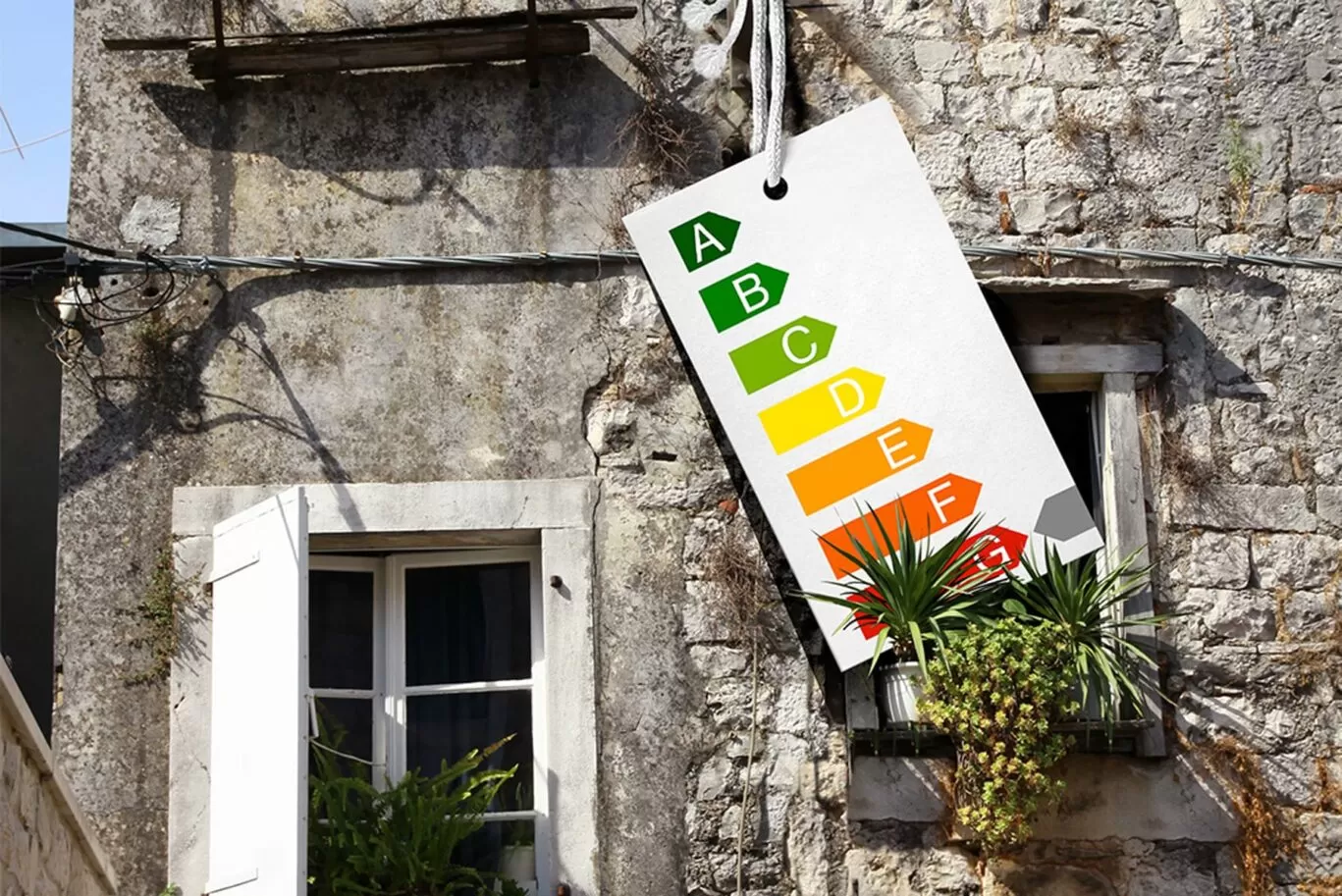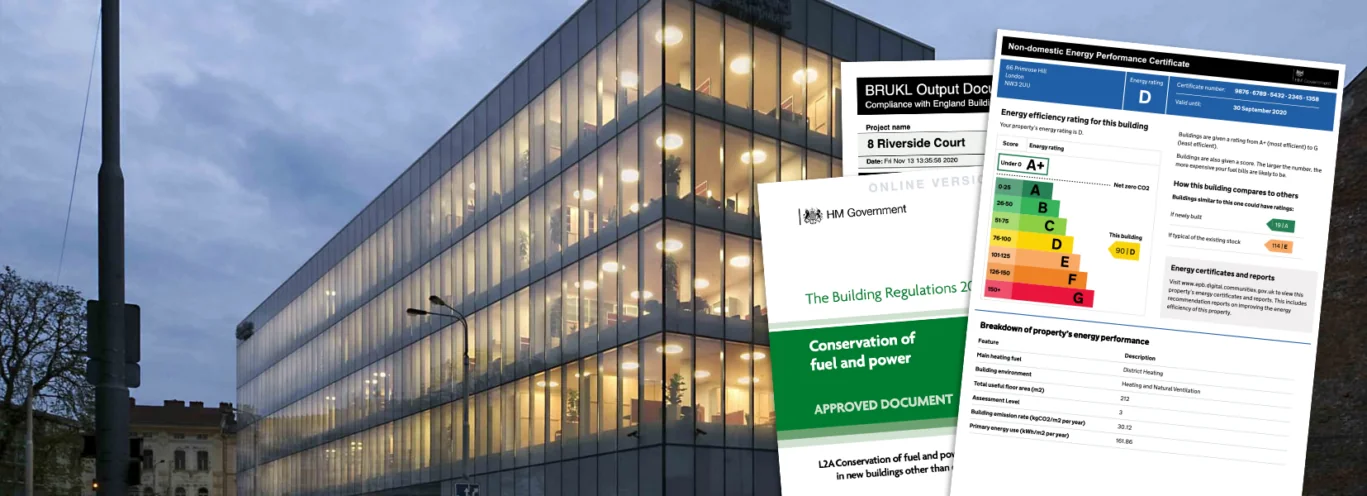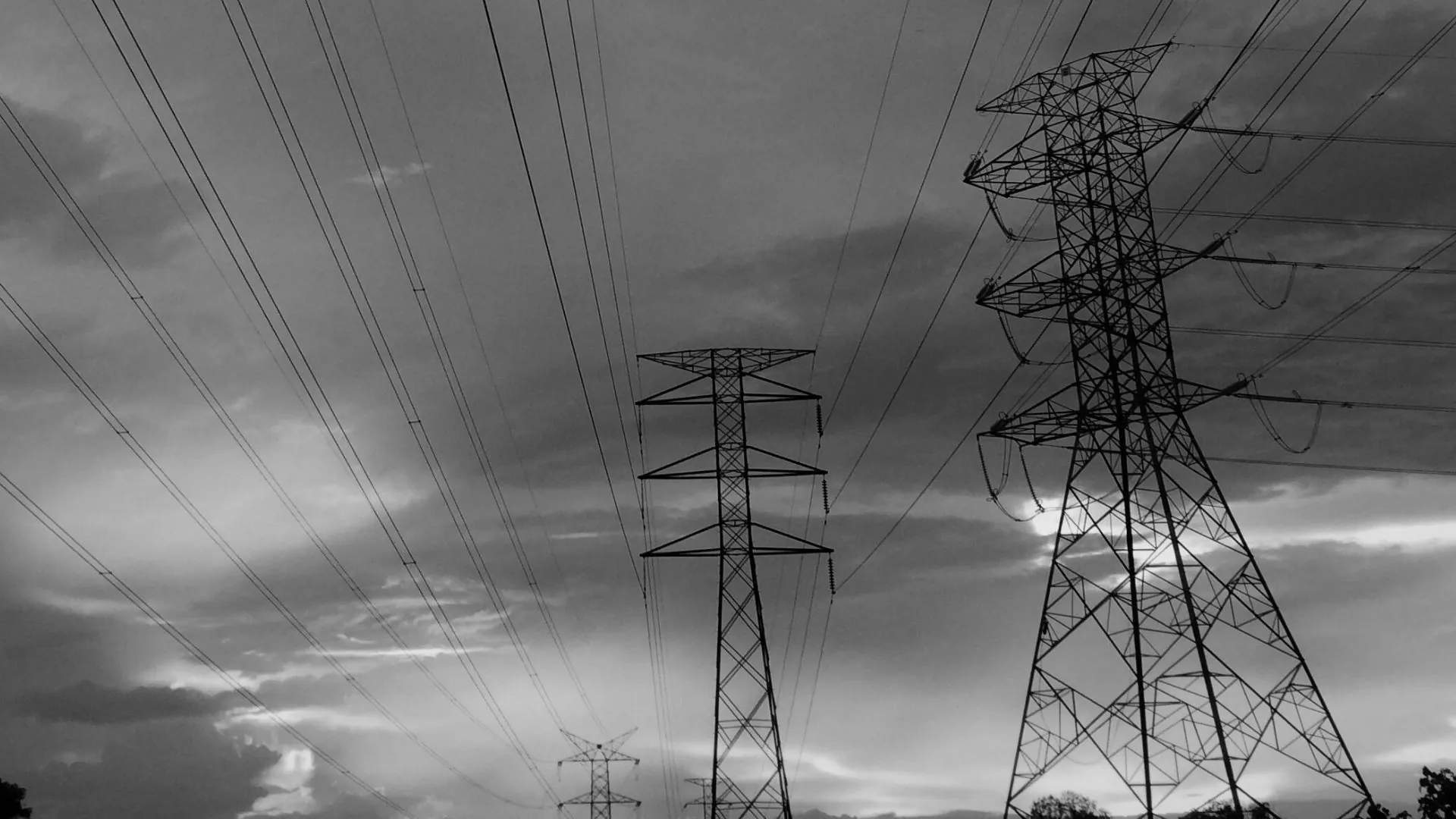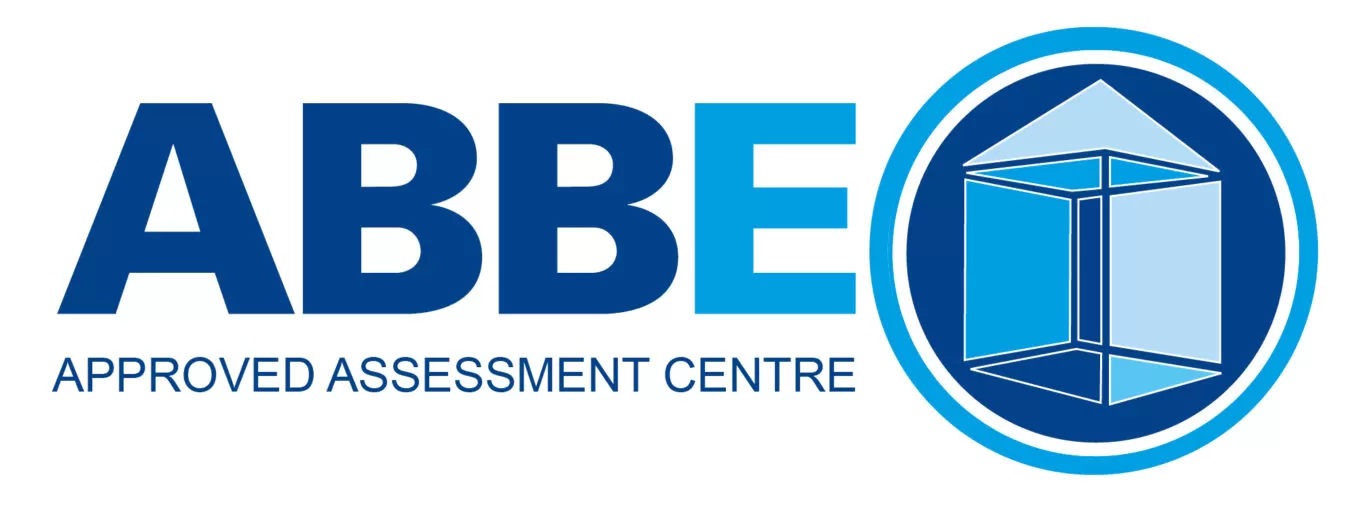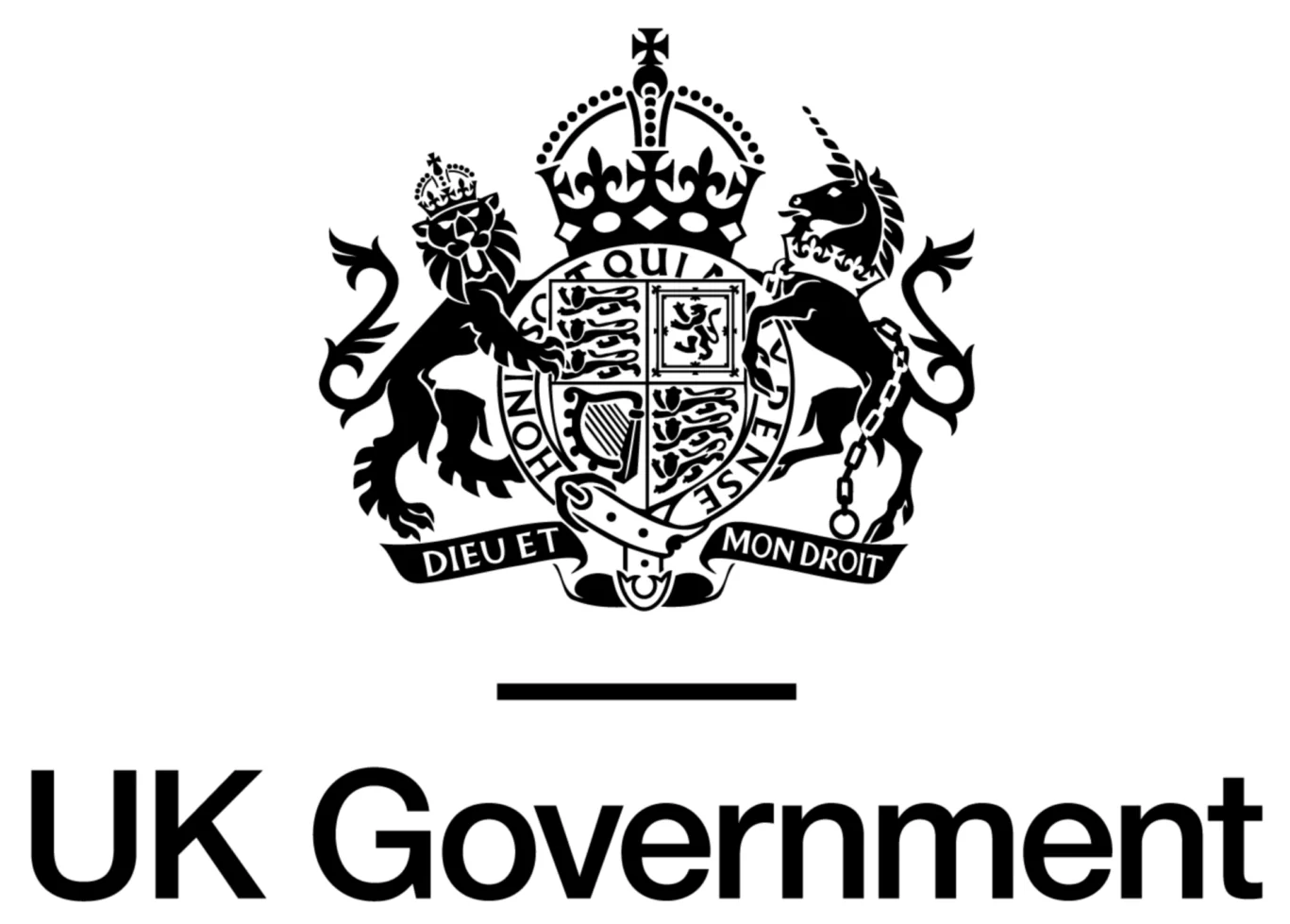The UK recognises an urgent need to transition to clean, sustainable power. In a step towards this goal, the government have created the National Energy System Operator (NESO), a new publicly owned body designed to revolutionise the way we manage our energy networks. NESO will play a critical role in ensuring the UK’s energy system is fit for the future. Find out what NESO is, what its mission is, and how this may impact energy professionals.
What is NESO?
The National Energy System Operator (NESO) is the UK’s new publicly owned energy body, set to launch on October 1, 2024. As it stands, there is no single organisation responsible for managing the planning and design of electricity and gas networks across the nation. NESO will fill that role. It combines the planning of electricity and gas networks under one roof, providing strategic oversight for both systems. By bringing energy infrastructure planning into public ownership, NESO directly supports the government’s goal of providing 100% clean power by 2030. As it works towards its targets, it will collaborate closely with Great British Energy, a publicly-owned company designed to revolutionise the nation’s energy infrastructure
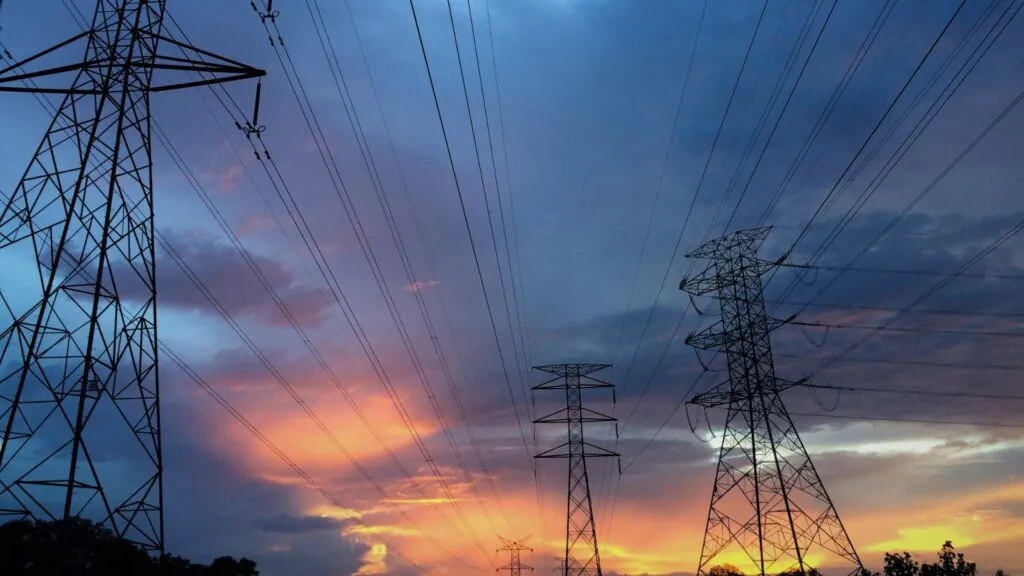
What will NESO achieve?
NESO’s primary responsibility is to plan, manage, and oversee the UK’s energy network. Its effects will be far-reaching, affecting electricity, gas, hydrogen, and even emerging technologies such as carbon capture. It will also:
- Coordinate the integration of new renewable energy projects with the national grid, ensuring they are efficiently connected to the network.
- Publish a Strategic Spatial Energy Plan to streamline grid connection processes and support renewable energy deployment.
- Manage the planning and operations of energy infrastructure, helping to decarbonise the UK’s energy system while maintaining resilience and security.
- Provide long-term strategic advice on energy demand, supply, and infrastructure, ensuring the system is future-proof.
- Assist both the government and Ofgem in making informed decisions about new energy infrastructure investments.
A strategic approach is needed to tackle difficult challenges like energy insecurity, and that is exactly why NESO has been developed. Through its various projects, NESO will help to reduce long-term energy bills and improve energy security. It will also support local authorities with regional energy plans, ensuring a comprehensive approach to energy management across the country.
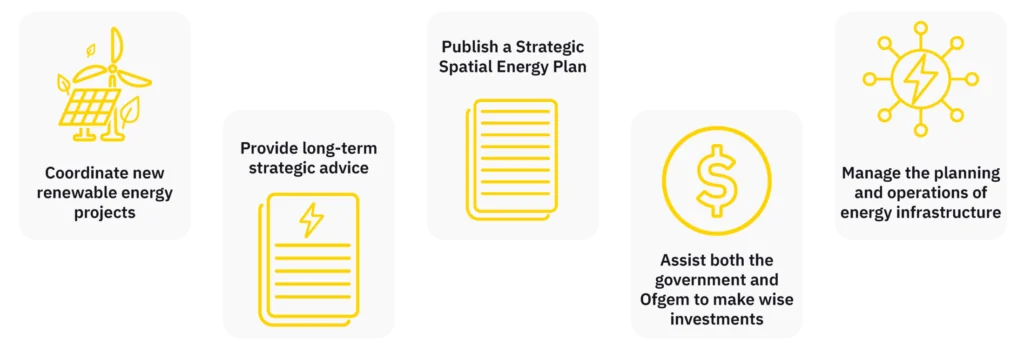
How Will This Affect Energy Assessors?
For energy assessors, NESO’s creation presents several opportunities and changes. As NESO works to integrate more renewable energy sources into the national grid and improve energy infrastructure, energy assessors may find themselves at the forefront of new initiatives and changes within the sector.
Increased Demand for Energy Efficiency Expertise
As the UK moves toward a decarbonised energy system, demand for energy efficiency assessments in homes and businesses is likely to grow. Energy assessors may see a rise in demand for their services as property owners seek to align with the government’s net zero goals and reduce their energy consumption.
Focus on Renewable Energy Installations
As NESO helps streamline the connection of renewable energy sources, there may be an increase in the adoption of technologies like solar panels and heat pumps in residential and commercial properties. Energy assessors could play a crucial role in advising on energy performance improvements and the integration of these technologies.
Whether you’re already an energy professional or you’re just starting out, Energy Trust offers courses that can take your career to the next level. Click here to view our upcoming courses.
Overall, the launch of NESO represents a milestone in the UK’s journey toward a cleaner, more secure energy future. It no doubt will play a pivotal role in transforming the country’s energy infrastructure, integrating renewables, and driving progress toward net zero by 2050.
You can find out more in the government’s recent press release.



